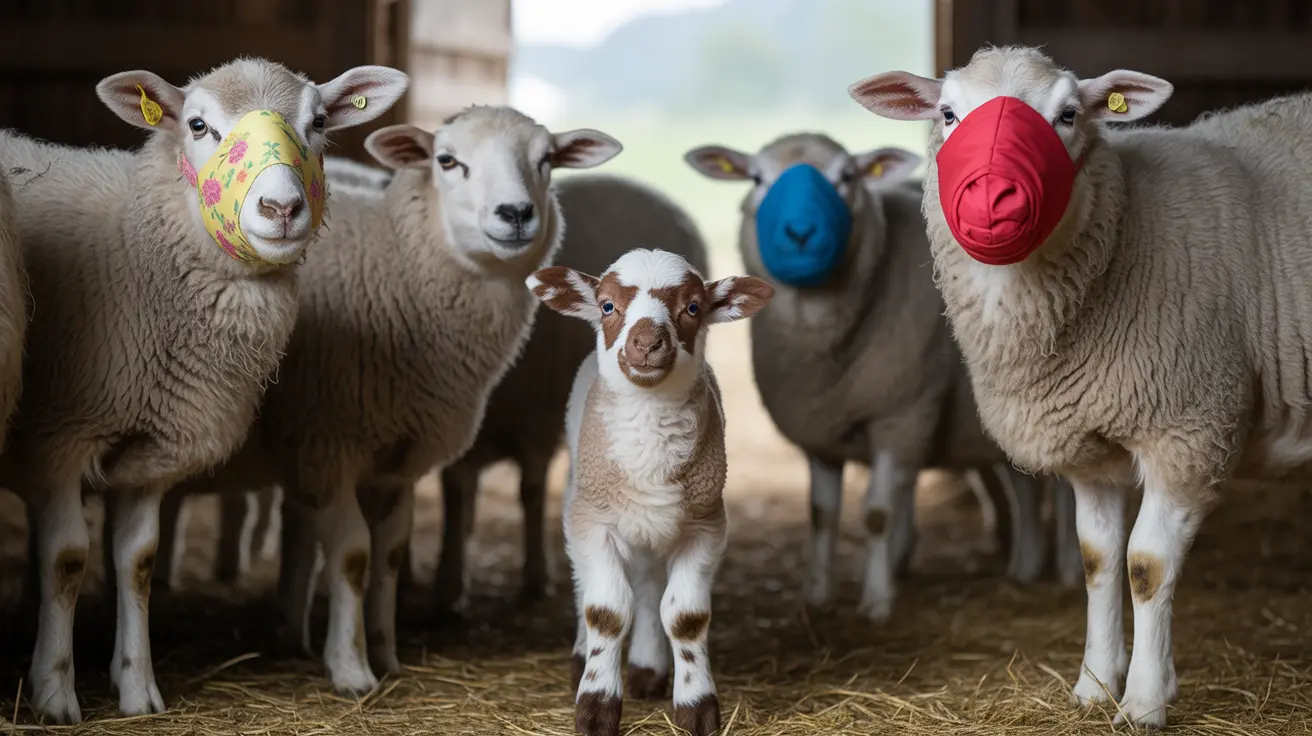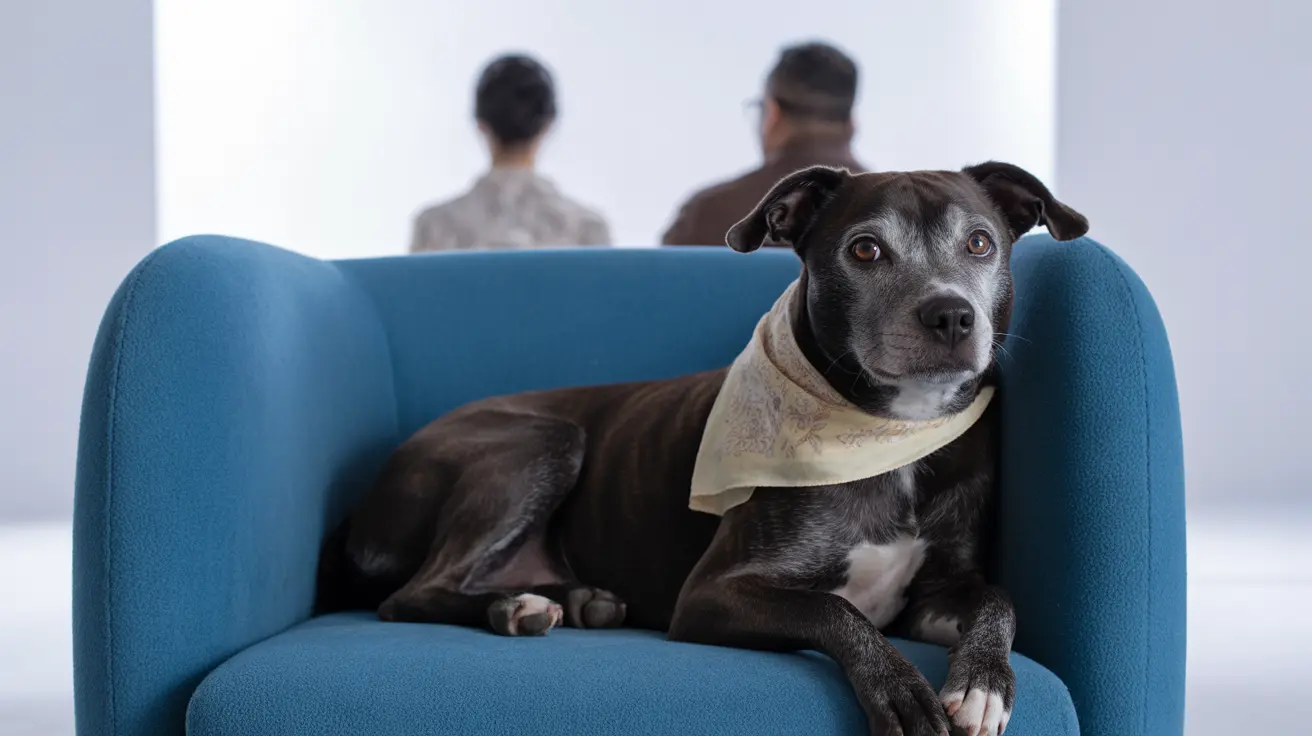Understanding the Skye Terrier: Personality, Care, and Temperament
The
Skye Terrier is a rare and distinctive dog breed originating from the Isle of Skye in Scotland. Known for its long body, flowing coat, and deep loyalty, this small terrier has a strong personality that reflects its working background. While affectionate and dedicated with their families, Skye Terriers tend to be
aloof, cautious, and reserved with strangers, which may lead some to perceive them as less friendly than other breeds.
Appearance and Breed Characteristics
- Size: 9–10 inches tall, 25–45 pounds depending on sex
- Coat: Long, double-layered in various shades with darker muzzle and ears
- Ears: Prick or drop ears depending on variety
The Skye Terrier's dramatic coat and silhouette make it easily recognizable. Its compact, elongated frame enables it to navigate rough Scottish terrain, a feature originally useful for hunting foxes and badgers.
Temperament and Behavior
Despite their elegant appearance, Skye Terriers possess a typical terrier temperament: bold, tenacious, and independent. They are extremely
loyal and protective of their families, yet they can be stubborn and wary around unfamiliar people or dogs.
Key Personality Traits:
- Reserved or even aloof with strangers
- Affectionate and protective with their families
- Strong-willed and intelligent
- Alert and occasionally vocal
Because of these traits, early socialization and consistent, gentle training are essential to ensure they remain well-adjusted pets.
Exercise and Activity Needs
Though energetic for short bursts, Skye Terriers do not require excessive exercise. Their short legs and elongated backs make them prone to fatigue and potential spinal injuries if overexerted.
Recommended Activities:
- Short daily walks
- Interactive indoor play
- Obedience or agility exercises (low impact)
Avoid letting puppies jump or use stairs excessively until their skeletal system is fully developed.
Grooming Requirements
Their luxurious coats need regular grooming to stay clean and mat-free.
Weekly Grooming Tasks:
- Brush with soft or pin brush
- Comb to prevent tangles
- Check ears and trim nails
Bathing should be infrequent, and shampoo should be applied gently to protect the hair’s structure.
Health Considerations
The Skye Terrier is generally robust but has some breed-specific health vulnerabilities:
Common Health Concerns:
- Intervertebral Disc Disease: Avoid high-impact activity
- Hip and elbow dysplasia: May affect mobility
- Eye conditions: Cataracts and progressive retinal atrophy
- Autoimmune disorders and cancer: Especially mammary cancer in females
Routine veterinary visits and genetic screening by responsible breeders can mitigate many of these issues.
Diet and Nutrition
A Skye Terrier's diet should include high-quality proteins and balanced nutrients suitable for their life stage. Avoid overfeeding to prevent obesity, particularly since excessive weight can exacerbate joint and spinal issues.
Living Environment
Skye Terriers adapt well to both apartments and houses, provided their moderate exercise and social needs are met. They prefer environments where they are not left alone for extended periods.
Living Recommendations:
- Supervised play with children and small pets
- Secure, calm household environment
- Mental stimulation through play or tasks
History and Popularity
Skye Terriers have a rich history dating back to the 1500s in Scotland. Once beloved by royalty, including Queen Victoria, the breed's popularity has declined significantly.
Notable Fact: The most famous Skye Terrier is Greyfriars Bobby, known for his 14-year vigil at his owner’s grave in Edinburgh.
Summary
While Skye Terriers are not inherently unfriendly, their
reserved temperament and independent nature can create challenges for owners seeking a constantly sociable or outgoing pet. With proper socialization and care, they can become
deeply devoted companions who thrive in the right environment. Their rarity and unique characteristics make them a special choice for experienced dog owners who appreciate their rich heritage and noble nature.





